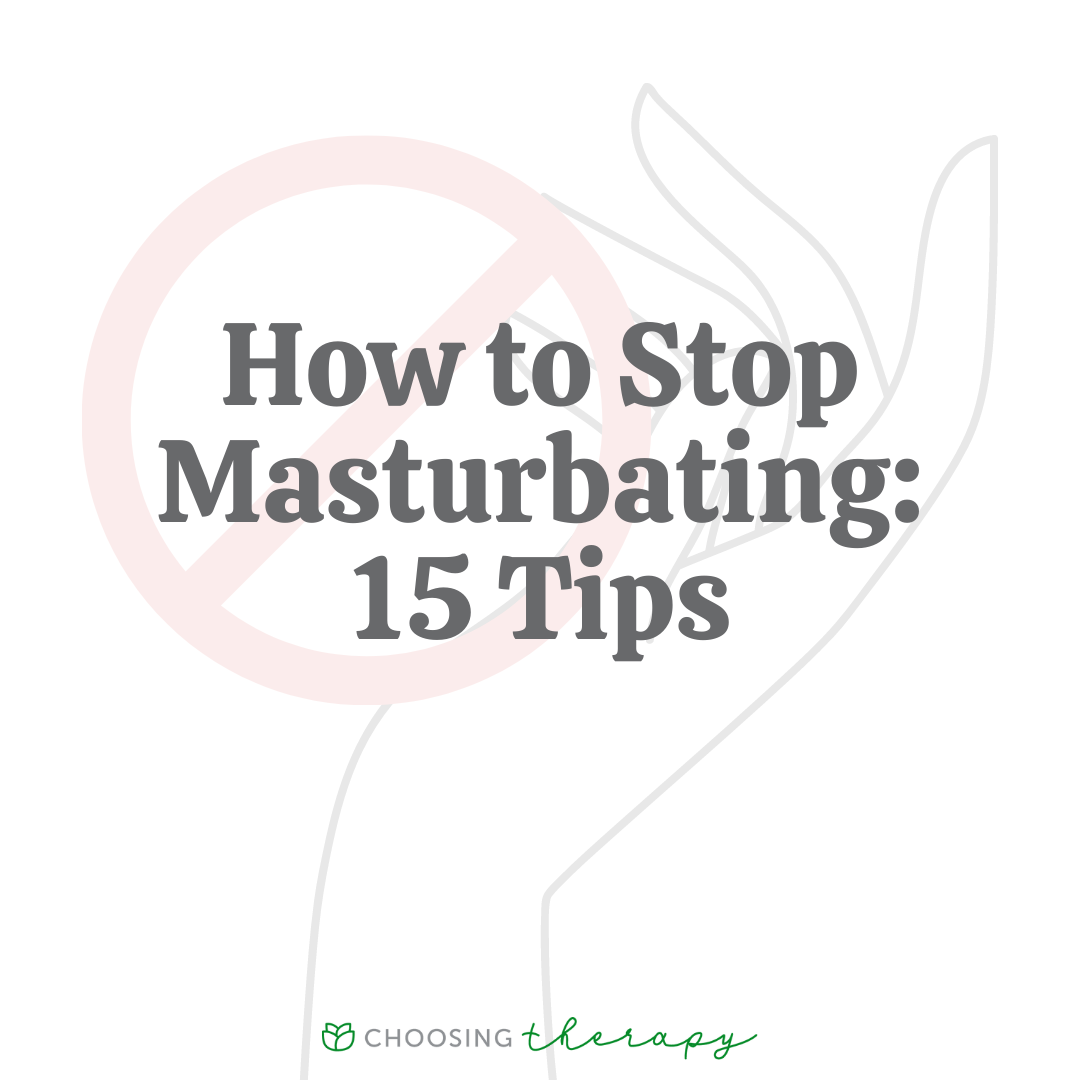Masturbation is a natural behavior for many individuals, but excessive indulgence can lead to negative consequences. If you're looking for ways to stop masturbation and regain control over your habits, this article provides practical advice and expert insights to help you achieve your goals. Understanding the psychological and physiological aspects of masturbation is the first step toward making positive changes.
Many people struggle with masturbation habits that feel out of control. Whether it's affecting your mental health, relationships, or daily productivity, learning how to stop masturbation can be a transformative journey. This guide explores the root causes, effective strategies, and supportive resources to help you break free from compulsive behavior.
By the end of this article, you'll have a clear understanding of how to stop masturbation in a healthy and sustainable way. We'll cover everything from identifying triggers to building healthier habits and seeking professional support if needed. Let's dive in!
Read also:The Ultimate Guide To Jenis Splendid Ice Creams Flavors Ingredients And More
Table of Contents
- Understanding Masturbation and Its Impact
- Why You Might Want to Stop Masturbation
- Psychological Aspects of Masturbation
- Physical Effects of Excessive Masturbation
- Identifying Triggers and Patterns
- Effective Strategies to Stop Masturbation
- Building Healthier Habits
- Practicing Mindfulness and Meditation
- Seeking Professional Help
- Conclusion: Taking the First Step
Understanding Masturbation and Its Impact
Masturbation is a natural human behavior that many people engage in throughout their lives. However, when it becomes excessive or compulsive, it can impact mental and physical health. Understanding the reasons behind masturbation and its effects is crucial for those seeking to stop.
What Is Masturbation?
Masturbation refers to the act of sexually stimulating oneself, often leading to orgasm. While it is a normal part of human sexuality, excessive masturbation can lead to feelings of guilt, shame, or anxiety. Recognizing the difference between healthy and unhealthy habits is the first step toward change.
Is Masturbation Harmful?
Moderate masturbation is generally harmless, but excessive indulgence can lead to negative consequences. These may include relationship issues, decreased productivity, or physical discomfort. Learning how to stop masturbation when it becomes problematic is essential for maintaining overall well-being.
Why You Might Want to Stop Masturbation
There are several reasons why individuals may choose to stop masturbation. Whether it's affecting your mental health, relationships, or daily life, identifying the underlying reasons can motivate you to make positive changes.
- Improved focus and productivity
- Enhanced mental clarity and emotional stability
- Stronger relationships and social connections
- Increased energy and physical health
Psychological Aspects of Masturbation
From a psychological perspective, masturbation can serve as a coping mechanism for stress, anxiety, or loneliness. Understanding the emotional triggers behind the behavior is key to breaking the cycle.
Common Psychological Triggers
Some common psychological triggers for excessive masturbation include:
Read also:Remembering Martha Downing Hagee Life Legacy And Impact
- Stress and anxiety
- Boredom or loneliness
- Escapism from daily challenges
- Emotional regulation
How to Address Psychological Triggers
Addressing psychological triggers involves developing healthier coping mechanisms. This may include mindfulness practices, therapy, or engaging in meaningful activities that fulfill emotional needs.
Physical Effects of Excessive Masturbation
While moderate masturbation is harmless, excessive indulgence can lead to physical discomfort or health issues. Understanding these effects can motivate individuals to take action.
Potential Physical Consequences
Some potential physical effects of excessive masturbation include:
- Physical exhaustion or fatigue
- Decreased libido or sexual dysfunction
- Skin irritation or discomfort
- Interrupted sleep patterns
How to Mitigate Physical Effects
Mitigating physical effects involves adopting healthier habits, such as regular exercise, proper nutrition, and adequate rest. Limiting masturbation can also help restore physical balance and energy levels.
Identifying Triggers and Patterns
Identifying the triggers and patterns behind excessive masturbation is essential for making meaningful changes. By recognizing these factors, you can develop strategies to overcome them.
Common Triggers
Common triggers for excessive masturbation may include:
- Exposure to pornography
- Loneliness or lack of social interaction
- Stressful or overwhelming situations
- Boredom or lack of engagement
Tracking Patterns
Tracking your habits and patterns can help you identify when and why you engage in excessive masturbation. Keeping a journal or using habit-tracking apps can provide valuable insights into your behavior.
Effective Strategies to Stop Masturbation
Once you've identified the triggers and patterns behind your habits, it's time to implement effective strategies to stop masturbation. These strategies focus on building healthier habits and addressing the root causes of the behavior.
Setting Clear Goals
Setting clear, achievable goals is the foundation of any behavior change. Start by defining what success looks like for you, whether it's reducing frequency or eliminating the behavior entirely.
Developing Distraction Techniques
Distraction techniques can help redirect your focus away from masturbation. Engaging in physical activities, creative pursuits, or social interactions can provide alternative outlets for your energy.
Building Healthier Habits
Replacing unhealthy habits with healthier ones is a sustainable approach to stopping masturbation. This involves adopting routines and practices that support your overall well-being.
Creating a Daily Routine
A structured daily routine can help minimize idle time and reduce opportunities for excessive masturbation. Incorporate activities like exercise, meditation, and creative hobbies to fill your day with meaningful pursuits.
Practicing Self-Discipline
Self-discipline is key to overcoming compulsive behaviors. Developing this skill requires patience, persistence, and a commitment to personal growth. Celebrating small victories along the way can reinforce positive changes.
Practicing Mindfulness and Meditation
Mindfulness and meditation are powerful tools for managing stress, anxiety, and compulsive behaviors. By cultivating awareness and presence, you can gain greater control over your thoughts and actions.
Benefits of Mindfulness
Practicing mindfulness can help you:
- Reduce stress and anxiety
- Improve focus and concentration
- Enhance emotional regulation
- Develop greater self-awareness
Getting Started with Meditation
Getting started with meditation is easier than you might think. Begin with short sessions of deep breathing or guided meditations, gradually increasing the duration as you become more comfortable with the practice.
Seeking Professional Help
If you're struggling to stop masturbation on your own, seeking professional help can provide valuable support. Therapists, counselors, and support groups can offer guidance and resources to help you overcome compulsive behaviors.
Types of Therapy
Several therapeutic approaches can be effective for addressing excessive masturbation, including:
- Cognitive-behavioral therapy (CBT)
- Dialectical behavior therapy (DBT)
- Mindfulness-based therapy
Support Groups
Joining a support group can connect you with others who understand your struggles. Sharing experiences and strategies can provide encouragement and accountability as you work toward your goals.
Conclusion: Taking the First Step
Learning how to stop masturbation requires commitment, self-awareness, and a willingness to make positive changes. By understanding the psychological and physiological aspects of the behavior, identifying triggers, and implementing effective strategies, you can regain control over your habits and improve your overall well-being.
We encourage you to take the first step today. Whether it's setting a goal, practicing mindfulness, or seeking professional help, every effort you make is a step toward a healthier, more fulfilling life. Share your thoughts and experiences in the comments below, and don't forget to explore other articles on our site for additional resources and support.
Data sources and references:
- Psychology Today
- Mayo Clinic
- National Institute of Mental Health


